Water Purification: Dissolved Air Floatation (DAF) in the Food Industry
Introduction to DAF technology
In the fast-paced world of the food industry, efficient waste water management is not only a necessity, but has now also become a commitment to sustainability. Dissolved Air Floatation (DAF) is emerging as a beacon of innovation in this area. At Spans Environmental Services, we champion DAF for its unrivalled efficiency and environmental benefits, ensuring that the food industry not only thrives, but also upholds its environmental responsibility.
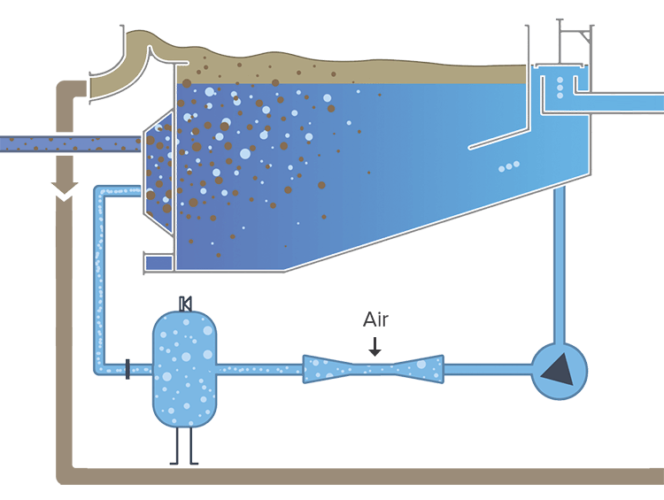
Understanding DAF and Its Meaning
Dissolved Air Floatation (DAF) represents a modern marvel in wastewater treatment and is changing the way industries manage their wastewater. By dissolving pressurized air and releasing it into the flotation tank, DAF has successfully been able to create a unique environment where impurities are lifted to the surface and collected. The result of this innovative process is clearly positive, in the form of cleaner and safer water, which represents a significant leap over the conventional treatment methods.
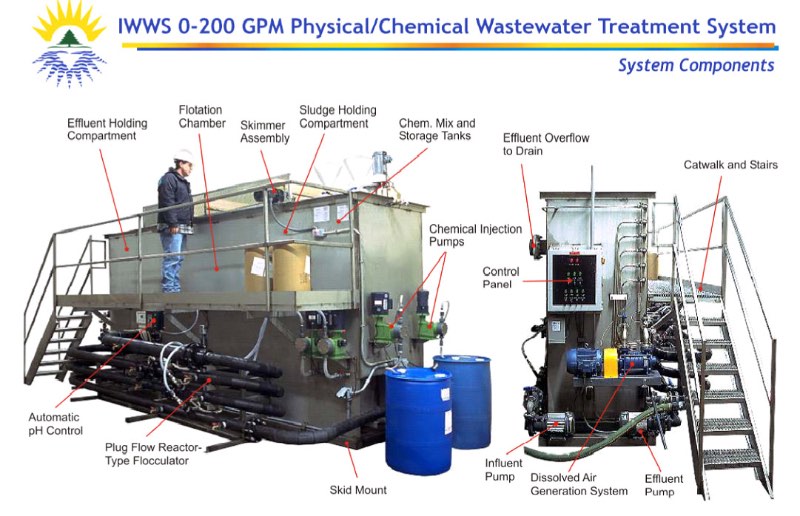
DAF Benchmark
Against the backdrop of traditional wastewater treatment techniques, DAF shines with its precision and efficiency. In the food industry, where waste water often contains a large number of different contaminants, conventional methods struggle to keep up. The DAF's compact design and efficient dirt removal capabilities make it an indispensable tool, especially in environments where space and environmental impact are key factors.
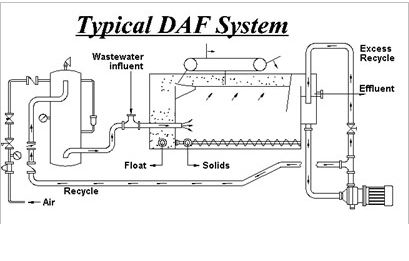
Advantages of using DAF technology for pre-treatment in the Food Processing industry
The food industry faces unique challenges in managing wastewater with contaminants ranging from organic solids to fats and oils. DAF's ability to effectively deal with this range of pollutants is invaluable. Its effectiveness in removing suspended solids, oils and fats ensures that food processing plants not only meet, but often exceed, environmental compliance standards, reflecting a deep commitment to sustainable practices.
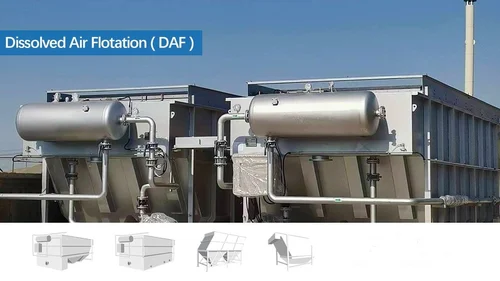
A Closer Look: DAF at Work
To illustrate the effectiveness of DAF, consider a case study from a large food processing plant. After implementing DAF, the plant reported a dramatic decrease in BOD (biochemical oxygen demand) and TSS (total suspended solids) levels in its wastewater. This not only brought the plant into compliance with strict environmental regulations, but also reduced its impact on the local wastewater treatment infrastructure.
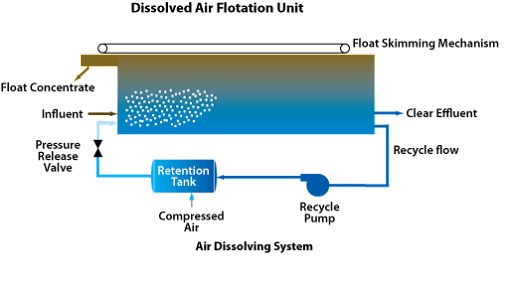
Environmental and Economic Impact
The implementation of DAF goes beyond environmental care; it is a strategic business decision. By reducing the load on municipal wastewater and reducing treatment costs, DAF offers an economically reliable solution in the long term. It is an example of sustainable business practices that combine cost-saving measures with environmental responsibility.
The Way Forward with DAF in the Food Industry
Looking to the future, DAF's role in the food industry will be even more significant. As environmental regulations tighten and sustainability becomes a core business strategy, DAF's adaptability and efficiency make it a key technology for continued industry growth and environmental stewardship.
At Spans Environmental Services, we consider DAF to be the cornerstone of sustainable wastewater management in the food industry. Our commitment to providing innovative and effective solutions is reflected in our advocacy of DAF, a technology that not only meets today's challenges, but also paves the way for a cleaner and more sustainable future.